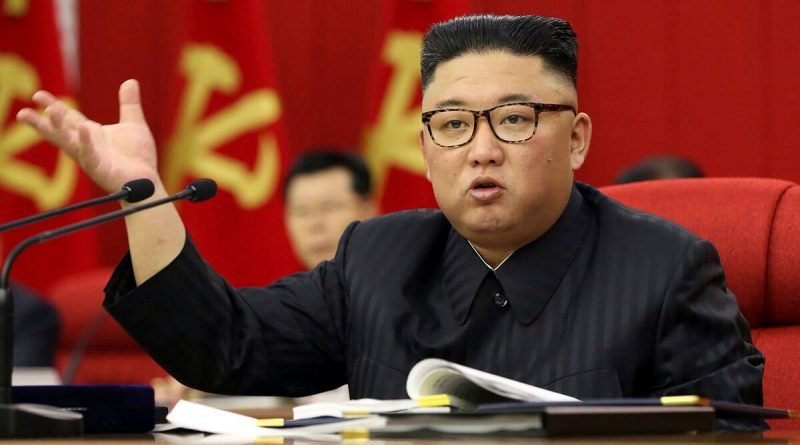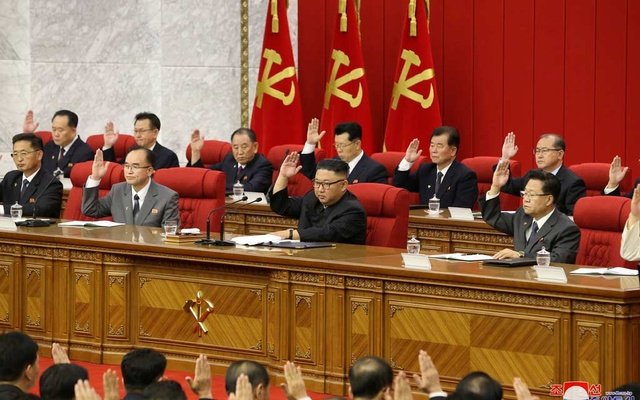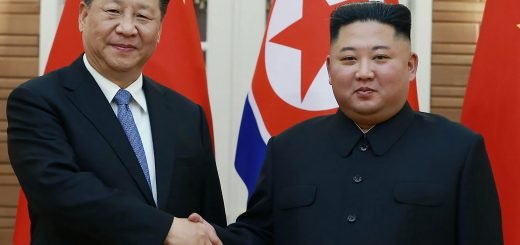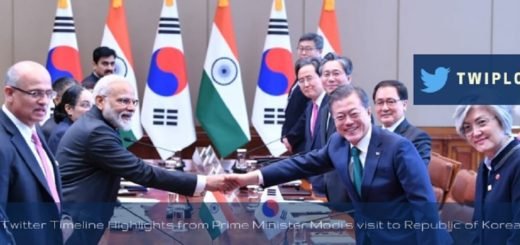North Korea’s Kim chides officials for unspecified pandemic lapse

SEOUL, June 30 (Reuters) – North Korean leader Kim Jong Un chastised top ruling party officials for failures in anti-epidemic work that led to an unspecified “great crisis” and put the safety of the country and people at risk, state media reported on Wednesday.
The report by state news agency KCNA did not elaborate on what happened, or how it put people at risk.
North Korea has not officially confirmed any COVID-19 cases, a claim questioned by South Korean and U.S. officials. But the reclusive country has imposed strict anti-virus measures, including border closures and domestic travel curbs.
Kim called a meeting of the Workers’ Party of Korea politburo to address some party executives’ neglect of duty, including failing to implement important long-term measures to fight the pandemic, KCNA said.
“He mentioned that senior officials in charge of important state affairs neglected the implementation of the important decisions of the Party … and thus caused a crucial case of creating a great crisis in ensuring the security of the state and safety of the people and entailed grave consequences,” the report said.
Several politburo members, secretaries of the central committee, and officials of several state agencies were replaced at the meeting, though KCNA did not specify if the shakeups were related to the neglect of pandemic-related duty.
North Korea has treated the protection of its people from the coronavirus as a matter of national survival and anti-pandemic decisions are made by some of its most senior leaders, said Harvard Medical School’s Kee B. Park, who has worked on health care projects in North Korea.

“The main objective of North Korea’s strategy is to prevent the virus from even getting into the country while simultaneously strengthening its treatment capabilities as well as acquiring vaccines,” he said.
North Korea’s all-of-government, comprehensive approach and the repeated holding of large-scale public gatherings suggest that the country may have prevented any major outbreak, Park said.
“However, the success comes with steep cost to its economy and increased vulnerability for the poorest of the population,” he added.
Last year, North Korea said it had declared a state of emergency and locked down the border city of Kaesong after a person who defected to South Korea three years ago returned across the fortified border with what state media said were symptoms of COVID-19.
The World Health Organization later said North Korea’s coronavirus test results for the man were inconclusive.
Reporting by Josh Smith; Additional reporting by Hyonhee Shin and Jack Kim; Editing by Grant McCool, Himani Sarkar and Raju Gopalakrishnan


















